
Are no match
For one fool
With a heart of gold.
Ongoing commentary and observations from the author's personal experience of the Gurdjieff practice.
 Human beings all engage in conflict.
Human beings all engage in conflict. By
the time I finish this piece, all of you will be aware of the inherent
irony in it. But perhaps we can be forgiven our ironies; it is, after
all, supremely ironic that over the course of humanity's residence on
this planet, so many words have been used to describe that which cannot
be grasped with words.
By
the time I finish this piece, all of you will be aware of the inherent
irony in it. But perhaps we can be forgiven our ironies; it is, after
all, supremely ironic that over the course of humanity's residence on
this planet, so many words have been used to describe that which cannot
be grasped with words.
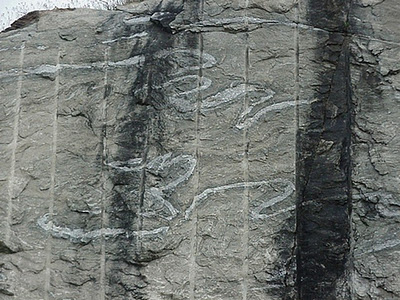 Visitors
to Dekalb Junction in St. Lawrence County, which is waaay upstate New
York, will be familiar with this twisted piece of frozen magma, which is
locally referred to as the snake.
Visitors
to Dekalb Junction in St. Lawrence County, which is waaay upstate New
York, will be familiar with this twisted piece of frozen magma, which is
locally referred to as the snake.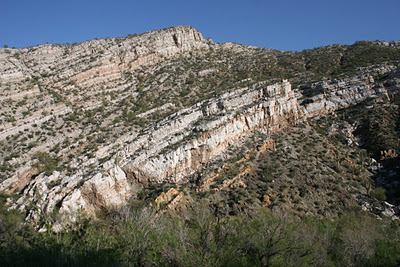 When continental plates collide, two things happen.
When continental plates collide, two things happen.
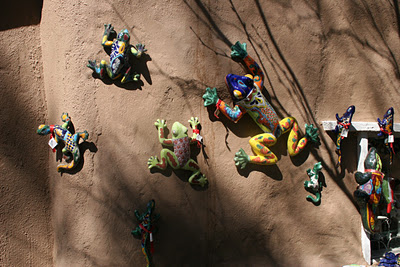
 Tonight
we are going to have a post that will be of specific interest to people
who study Gurdjieff. I understand there are many readers who are not
immersed in this particular subject. My apologies to them. Tomorrow I
am going to discuss a personal practice which has, in some senses,
nothing to do with Gurdjieff (ha ha ha), and might thus be of more use
to a wider audience, but for tonight, let's talk about the subject of
pianos.
Tonight
we are going to have a post that will be of specific interest to people
who study Gurdjieff. I understand there are many readers who are not
immersed in this particular subject. My apologies to them. Tomorrow I
am going to discuss a personal practice which has, in some senses,
nothing to do with Gurdjieff (ha ha ha), and might thus be of more use
to a wider audience, but for tonight, let's talk about the subject of
pianos.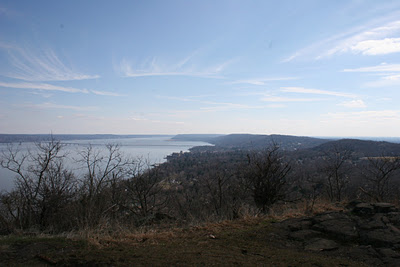 This morning in church there was a black woman and her two children sitting right behind us in the pews.
This morning in church there was a black woman and her two children sitting right behind us in the pews.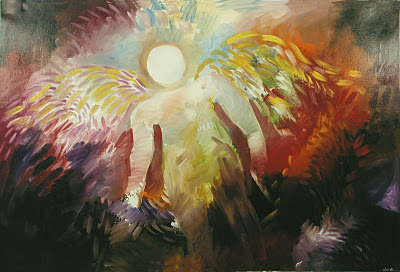 This is a painting I completed in 2000 called "the infinite light of the soul."
This is a painting I completed in 2000 called "the infinite light of the soul."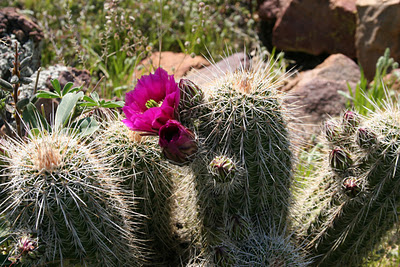 I'm
tired. Tonight we went to pick up my son at the airport and got back
late. All I have to offer is this uplifting picture of cactus in bloom,
and the observation that we consistently have to get through the prickly
parts of life to get to the blossoms.
I'm
tired. Tonight we went to pick up my son at the airport and got back
late. All I have to offer is this uplifting picture of cactus in bloom,
and the observation that we consistently have to get through the prickly
parts of life to get to the blossoms.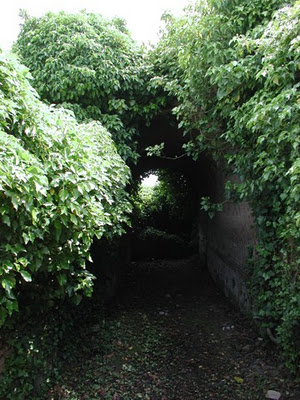 As
we progress in the work of connecting our inner parts, we gradually
become more and more aware of the fact that we work under planetary
influences. In ancient times, this was understood in a far more
comprehensive way, and gave rise to the science of astrology, which has
de-involved in modern times into what is essentially a set of
superstitions.
As
we progress in the work of connecting our inner parts, we gradually
become more and more aware of the fact that we work under planetary
influences. In ancient times, this was understood in a far more
comprehensive way, and gave rise to the science of astrology, which has
de-involved in modern times into what is essentially a set of
superstitions.
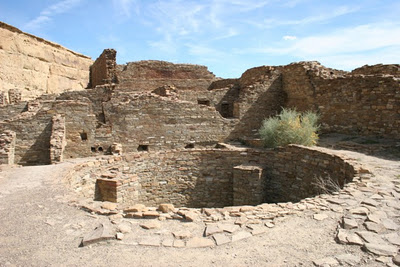 Those
of you familiar with this blog will know that I frequently refer to
Dogen, since I am currently engaged in reading most of his major works.
Those
of you familiar with this blog will know that I frequently refer to
Dogen, since I am currently engaged in reading most of his major works.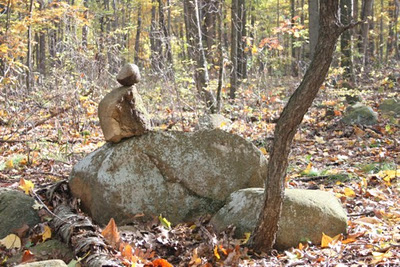
In our struggle to stand back from our nature, separate from ourselves, and have a new experience of life, this can be a real tool.
Love to everyone today. May your trees bear fruit and your wells yield water.
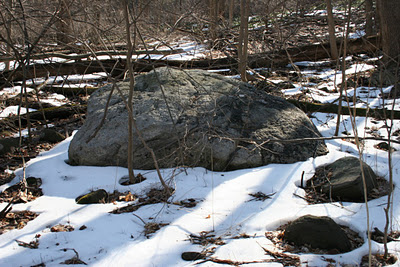 In
my last post, I promised we would discuss some earthy matters. Since
then there has been a brief hiatus in which I attended to family
matters, which consisted mostly of walking the famous dog isabel with my
wife and generally laying around doing nothing.
In
my last post, I promised we would discuss some earthy matters. Since
then there has been a brief hiatus in which I attended to family
matters, which consisted mostly of walking the famous dog isabel with my
wife and generally laying around doing nothing.Whoa.
It's sobering to consider that rocks of this size were light work for glaciers. There are glacial erratics nearby that are, quite literally, the size of houses.
Rocks like this are called erratics because they have absolutely nothing to do with the surrounding bedrock. We now know (as people in earlier times, i.e. before they conceived of ice ages, did not) that it's certain this rock was carried many miles before it ended up where it is; it probably came from somewhere north in Connecticut (where pegmatites are relatively abundant,) or perhaps even further away.Life works in exactly the same way for us. In fact, I often see strong analogies between geologic processes and the processes of life itself. From age to age, from infancy through childhood, into adolescence, young adulthood, adulthood and beyond, we build our individual mountain ranges of assumptions and beliefs and desires. These mountain ranges, like the mountains on the planet, are built by the intersection of massive forces, places where what we might call plates collide.
Here lies the tectonics of the soul. Our inner world collides with the outer world; mountains are pushed up, oceans filled with water, rivers flow, and weather systems emerge.This analogy could be drawn a million times in a million different ways and it would continue to be valid, because reality is a fractal structure. The smallest part of reality is an exact model of all of reality.
Hence the advice:
When the rocks are big, go around them
One
of the things that strikes me about this piece is the way the Dogen
explains we think the mountains will be populated by other people, but
when we go into them, it is just us and the mountains. Not even the trace of our passage into the mountains remains behind us.
In every meditation, if I find the right relationship, I enter the mountains, even if only the foothills. There I see that there is no one but myself, and the mountains.
As I point myself towards the inevitable fact of my own death, I ponder the question of water and mountains. I think about the ice that freezes within me and pushes me through my life, rearranging my inner landscape.
I think about what I could do to bring enough warmth into me to melt some of that force.
God bless all of you today. May your trees bear fruit and your wells yield water!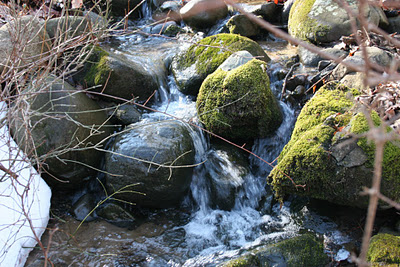 Last night I had a quite extraordinary dream.
Last night I had a quite extraordinary dream. I
took this picture in Italy in 2001. It is a bust of a Roman woman,
probably close to 2000 years old. I have always liked this bust because
the woman displays so much character. The image has a vitality that
sternly bespeaks our carnal nature, while still managing to convey a
sympathy for the subject. The bust does not seem idealized; it seems
pithy and close to the earth to me.
I
took this picture in Italy in 2001. It is a bust of a Roman woman,
probably close to 2000 years old. I have always liked this bust because
the woman displays so much character. The image has a vitality that
sternly bespeaks our carnal nature, while still managing to convey a
sympathy for the subject. The bust does not seem idealized; it seems
pithy and close to the earth to me. This winter has been a particularly good winter for my household orchids. They have been generous in their blossoming.
This winter has been a particularly good winter for my household orchids. They have been generous in their blossoming.